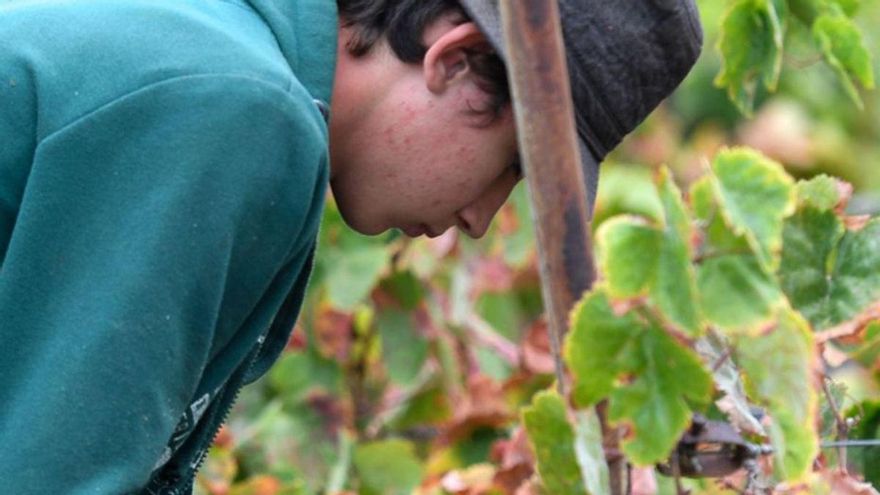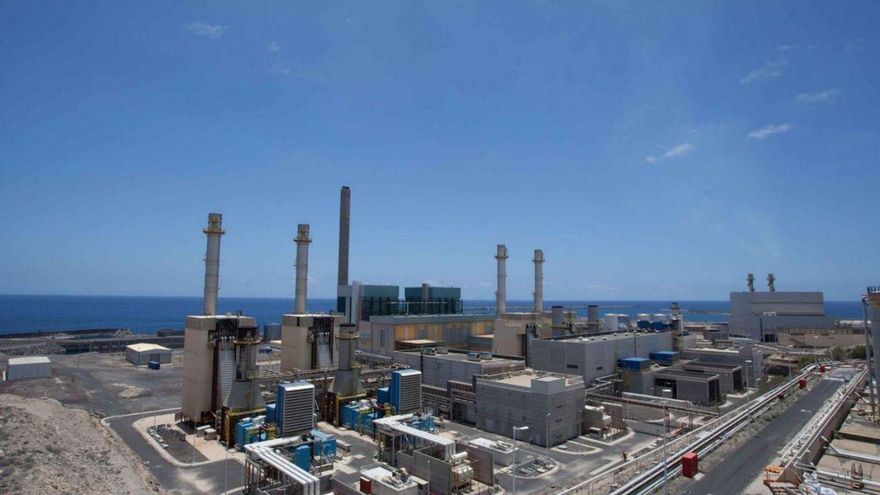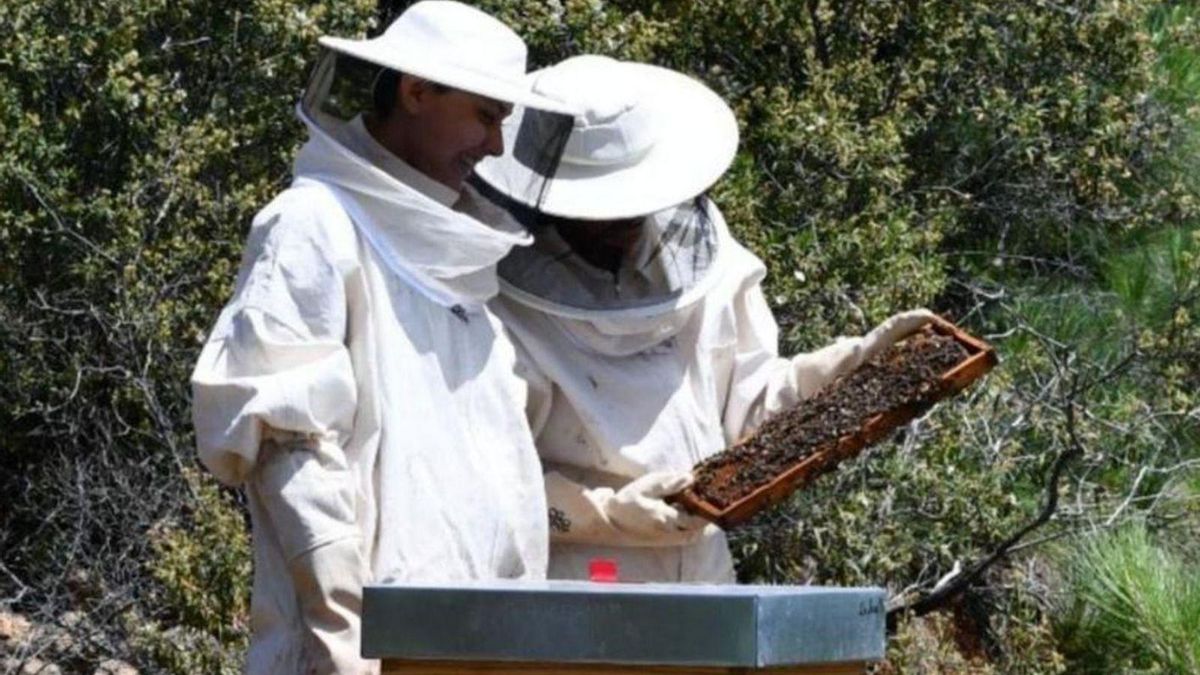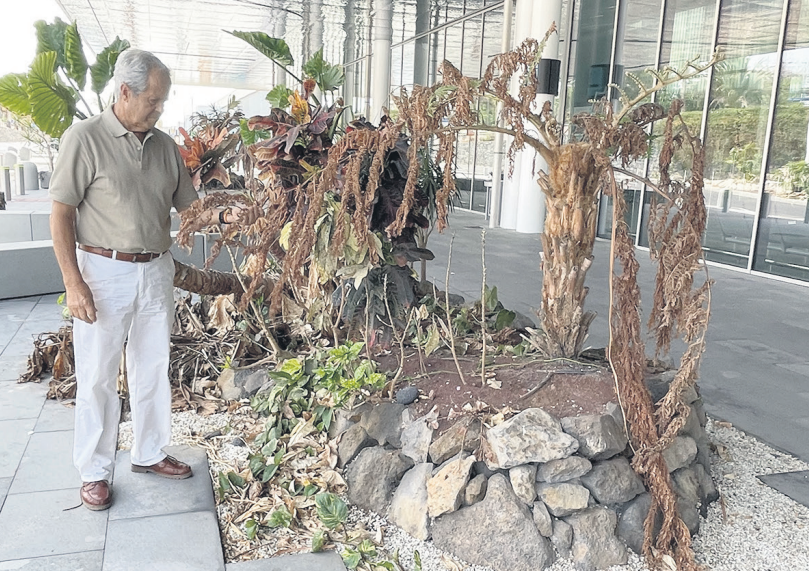New Measures Against Vine Pests in Tenerife Gain Mixed Reactions

Associations of vintners and winemakers view the new measures proposed by the Canary Islands Government and the Cabildo of Tenerife to combat the phylloxera plague as positive. This involves “using the sea as a barrier and limiting the movement of grapes and plant material between islands,” explains Eduardo García, the Deputy Minister of the Primary Sector for the regional government.
However, there is a majority but not unanimity: the Association of Vintners and Winemakers Avibo, which represents approximately 10% of the production capacity in the Canary Islands wine sector, has expressed its “deep concern” regarding the management of the pest by the Canary Government in Tenerife and has called for “scientific rigor,” deeming the measures “disproportionate.”
The new restrictions published in the Official Bulletin of the Canary Islands were previously agreed upon “with the majority of the designations of origin, representing 90%,” assures García, who emphasises: “This is not a decision that arises solely from the ministry, but from a technical-scientific exchange of opinions that understand that the measure we have taken responds to the principle of caution.
The decisions made to control phylloxera in the affected area include a ban on the movement of plant material, such as vines, roots, shoots, or fresh grapes, both within and outside the designated area. Additionally, the eradication and treatment of infested plants using authorised phytosanitary products is mandated.
A controlled perimeter has also been established with strict restrictions, and enhanced monitoring is being implemented in nearby vineyards and other areas of Tenerife to detect any potential new outbreaks. Furthermore, the declaration of public utility allows authorities to implement urgent and mandatory measures, including the control and disinfection of tools and machinery that could contribute to the spread of the pest.
Critics of these new measures, the vintners of Avibo call for precise and targeted actions: strictly controlling the areas where the pest is detected and closely monitoring the rest of the island to prevent its spread. They reject “generalised or excessive measures that affect areas free of phylloxera,” or those that are difficult to implement.
On the other hand, Mari Paz Gil, enologist at the Regulatory Council of the Tacoronte-Acentejo Designation of Origin, states that “the associations fully share the proposal of public administrations.” She adds that “in every meeting we have held, we knew these restrictions were necessary.”
Eduardo García stresses the importance of caution and prevention. This same phylloxera plague occurred in 19th-century Europe and led to massive destruction of vineyards. Thanks to maritime borders, it never reached the Canary Islands. Therefore, the Deputy Minister emphasises that with these measures “we will observe how the pest behaves, and afterwards we will have a clearer idea of how to proceed until we eliminate it.”
Subscribe to continue reading













